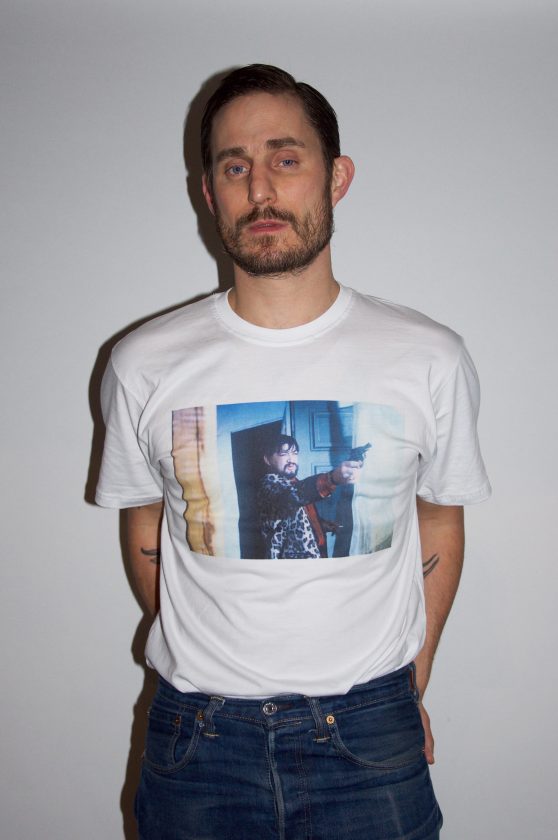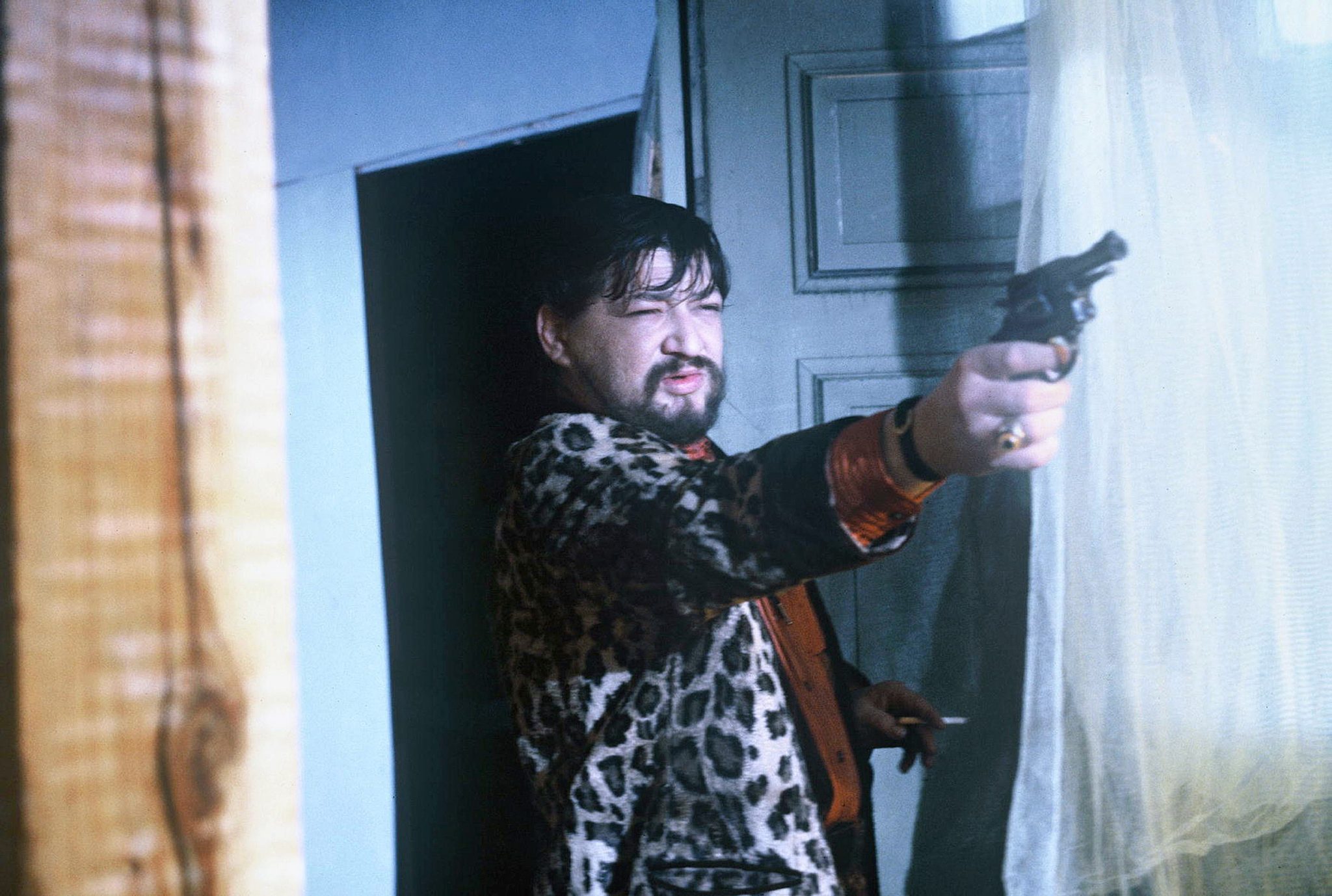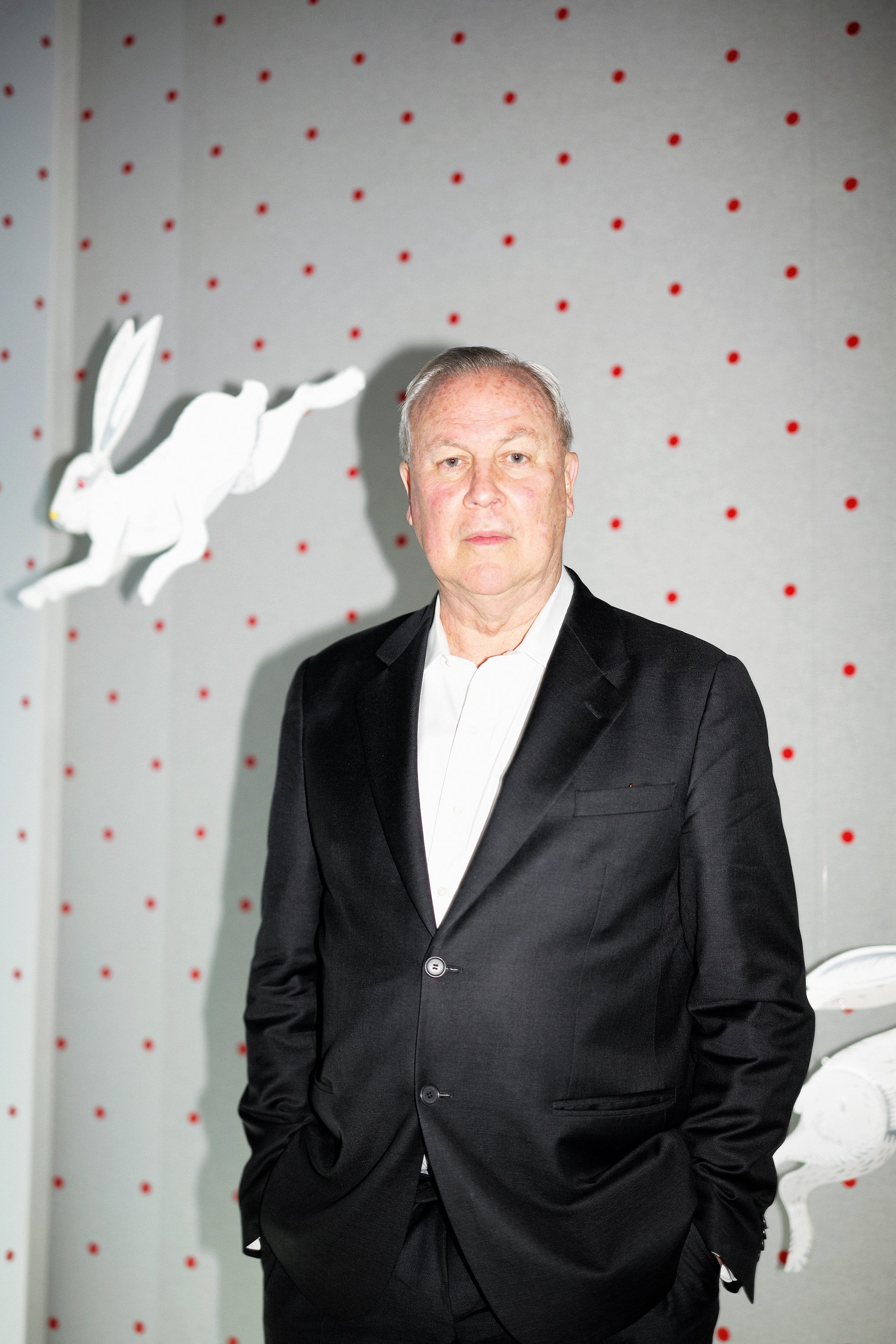Engage or Die: Actor CLEMENS SCHICK on Politics and FASSBINDER’s Legacy
“I wanted to make them angry, as angry as I was,” Rainer Werner Fassbinder once said. Today, our political landscape is becoming increasingly infused with violent voices, each trying to out-scream the other. In the alt-right universe of an orange pudding that wishes to create hatred and division signature by signature, the initial disbelief among the populace is morphing into a common unrest to fight back. Things have gotten so bad, we are realizing that it is up to us to protect each other’s human rights.
German actor Clemens Schick – bona fide theater actor, Casino Royale bond villain, and former Nan Goldin model – decided to officially utilize his voice last summer when he became a member of the German SPD party, the Social Democratic Party of Germany. On the occasion of our “Love Is Colder Than Death” t-shirt, 032c’s Eva Kelley spoke to Schick about Fassbinder’s ongoing ability to inspire, real-life activism, and the power of taking your opponents seriously.

Eva Kelley: How has Fassbinder influenced your work as an actor?
Clemens Schick: Fassbinder’s relentless way of telling stories about characters, stripped down to their bones, and his fearless confession of daring to talk about “reality” by using plain kitsch elements and elevating the artificial simultaneously is unique. The older I get, the more I realize how much I live in reaction to the outside. I feel this in my work, but also to society, politics, films, and art. Fassbinder opened up a certain fantasy I didn’t know before I saw his films.
Which Fassbinder film do you find most inspiring?
Martha and Fox and His Friends. Both stories, although located in very different German settings, show the cruelty and brutality between two people who fall in love with each other in a merciless yet beautiful way.
How do you see Fassbinder in today’s film culture? Can the film industry survive without referencing the past?
The film industry always refers to the past. Fassbinder’s movies and stories are timeless – they apply to contemporary life the same way they did when they were shot. Fassbinder, as a filmmaker, was much more fearless than contemporary filmmakers – which is why I think young filmmakers should study his movies very precisely.
You became a member of the SPD recently. What are the issues you are most concerned with politically at the moment?
It feels like these days, there are more people interested in escalation than in wanting peace. Those who are vocal about peace just woke up and don’t really know how to react. We haven’t fully realized yet how much everything we have in our lives is in danger.
How can we ensure a return to politics for our generation?
We have to make it clear to people that what’s happening now affects their life and their future. Engaging in politics is the only way out of this situation. It does not necessarily mean having to be a member of a party – it’s about understanding what democracy means to us, what the values are that we believe in, and thinking about how we can get engaged to defend these values. Politics is bigger than “them against us.” Try to find out how politics works. For example, who is your representative? It might start with a demonstration against Neo-Nazis, or helping a human rights organization, or recruiting members for a party – whatever. But get up on your feet and move your ass. Let’s try to be real influencers.
I read in an interview that you were an apprentice at a monastery when you were in your early twenties and dreamed of becoming a monk. You described that you felt taken seriously for the first time in your life by these monks and that this was very touching to you. How do you think this relates to politics – should we take everyone seriously? Or is it more strategic to not give certain politicians the time of day?
If someone’s opinions or demands are based on our constitution, we have to take them seriously. But I think what we have to ask ourselves is how it could happen that our society drifted apart so much. What was our part in it? I think we were ignorant about many things for too long because we did well. Like in fashion: we know that most of the clothes we wear are produced by people who work under unbearable conditions. Still, we buy and wear them. There are so many things we blame politicians for that we saw happening ourselves and just accepted. That’s what we have to change. And there is another thing: The way someone communicates their opinion. We have to stop yelling at each other. We have to research and find facts and better arguments to oppose those who scream and spread false information.

